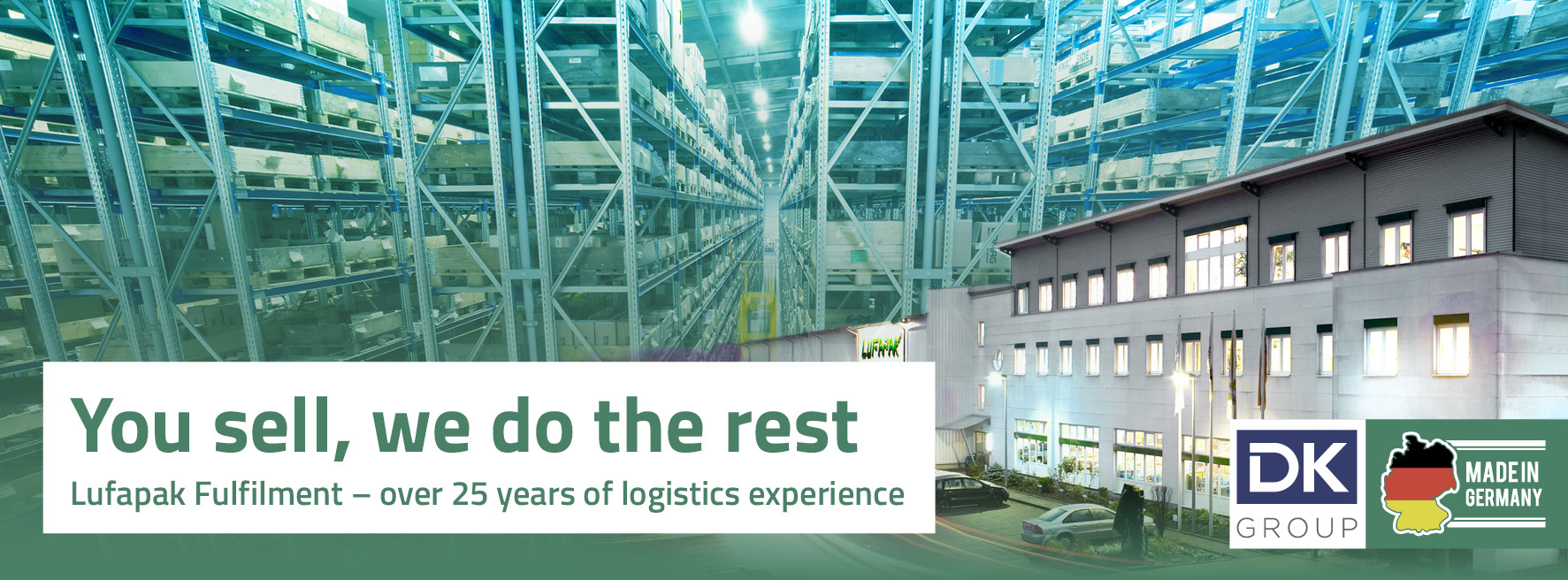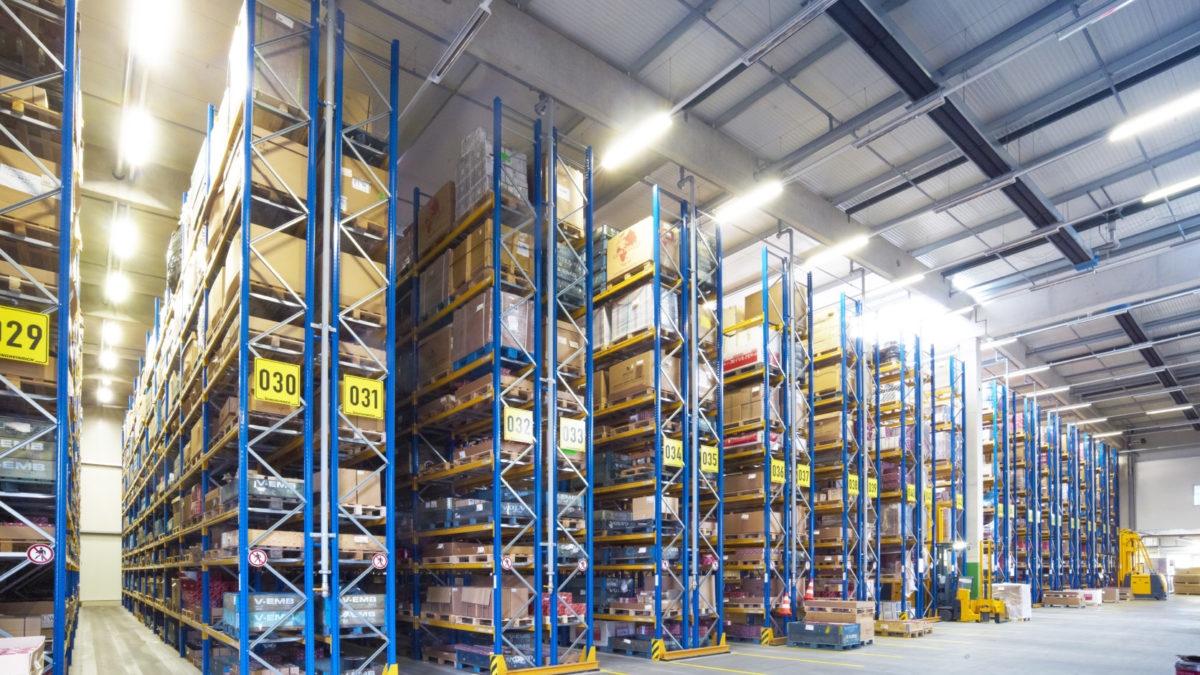sales@lufapak.de +49 2631/384-0 Contactform
Distribution logistics describes the process of managing and coordinating various transportation and logistics activities to ensure that products reach their destinations efficiently and cost-effectively. In modern business, distribution logistics is a key component to the success of companies that handle product deliveries to customers, whether B2B or B2C. Distribution logistics involves planning, managing and executing the transportation, picking and storage of goods and thus plays a role in the success of any business sector.
These are the distribution logistics tasks
Distribution logistics plays an important strategic role in today’s economy. Distribution logistics refers to the planning, organization and execution of logistical processes that enable the transportation of goods from the manufacturer to the end consumer. Distribution logistics tasks encompass a range of activities that include supply chain planning, warehousing, packaging, and transportation. It is important that these activities run smoothly to ensure that customer orders arrive on time and in perfect condition. The efficiency of distribution logistics depends on optimal organization and coordination of all processes involved.
Distribution logistics Examples from practice
Distribution logistics is a crucial task in the value chain of many companies. It involves getting the right products to the right place at the right time and in the right quantities. Distribution logistics examples from practice show how companies master this challenge. One example is the distribution of food to supermarkets. Here, the products have to be brought to the sales floor fresh every day and in sufficient quantities. Another example is the delivery of medicines to pharmacies, where maximum accuracy and punctuality are essential. The tasks of distribution logistics are diverse and require careful planning and implementation.
Goals of distribution logistics
The goals of distribution logistics are manifold and include not only the supply of goods in line with demand, but also the minimization of costs and the optimization of processes. A successful example of effective distribution logistics is just-in-time delivery, where goods are delivered directly to the production site with pinpoint accuracy and without storage. Another way to achieve the goals of distribution logistics is to implement telematics systems for real-time monitoring and control of the flow of goods. Overall, the following applies: Well-designed distribution logistics make a significant contribution to the success of a company and are therefore indispensable.
Definition of distribution channels
Distribution channels are the channels through which manufacturers sell their products to end customers. This includes the entire process from the manufacturer to the wholesaler to the retailer selling to the end customer. There are different types of distribution channels that manufacturers can use to distribute their products. Some companies choose a direct distribution channel, where they sell directly to the end customer, while others choose an indirect distribution channel, where they work with wholesalers or retailers to sell their products. The choice of distribution channel depends on many factors, such as the type of product, target audiences, and geographic location. An effective distribution strategy can help increase a company’s success by ensuring that products get to the right place at the right time.

Lufapak is your distribution center for goods of all kinds
Lufapak is the ultimate distribution center for all your goods. It is a place where your products can be shipped safely and quickly. You can rest assured that your goods will be well taken care of and delivered to your customers in the best condition. At Lufapak, we are a professional company that specializes in managing and shipping products. Whether you are shipping small or large products, we will assist you in handling your orders. You can rely on our excellent distribution logistics to ensure that your goods are shipped on time and in the best condition. Lufapak is your reliable distribution center partner for all types of goods.
The transformation of distribution logistics
In today’s world of fast deliveries, online shopping and technological advances, the distribution of goods and products is an essential part of business success. The transformation of distribution logistics is an important factor in managing customer demand and expectations. Companies must meet the challenges of rising costs, increased volume, and more complex delivery requirements. By implementing advanced technologies such as RFID (Radio Frequency Identification) or automated warehousing, companies can increase efficiency while improving delivery times and shipment visibility. This change will continue in the future and requires companies to be open-minded and find innovative solutions to meet the needs of their customers.
Contact us now and get advice


